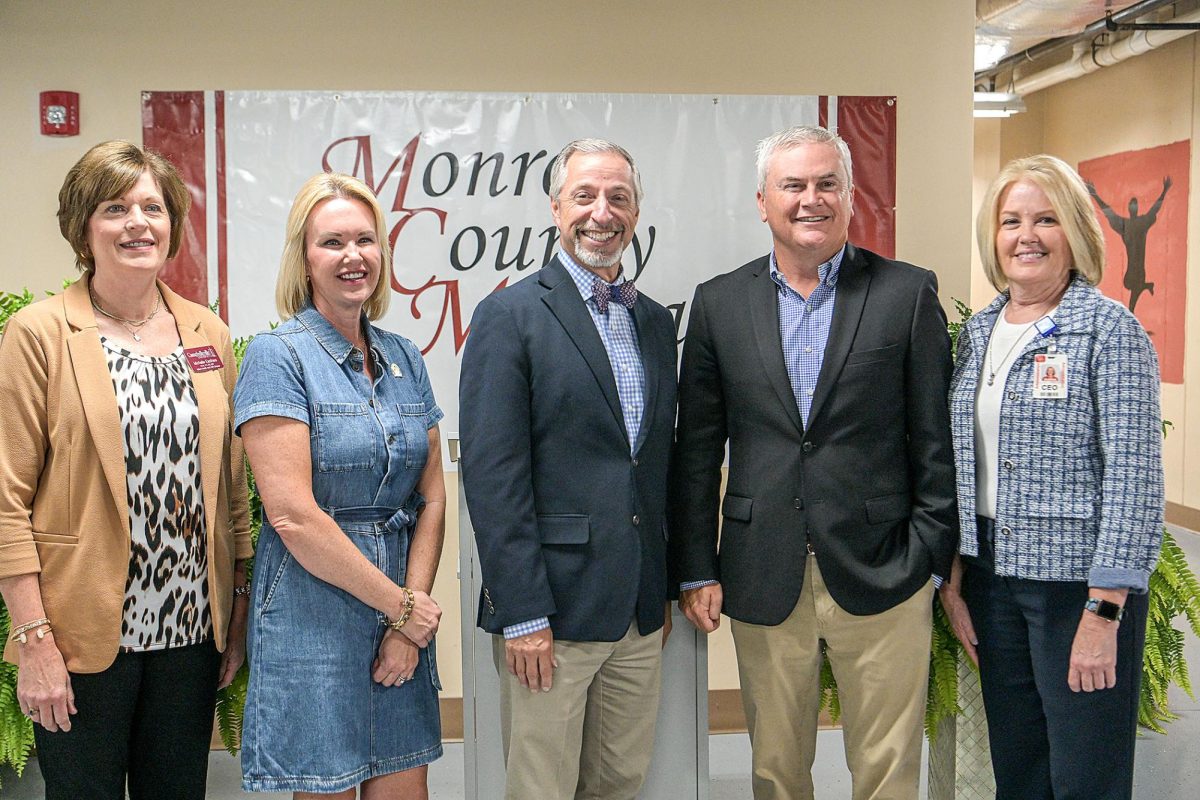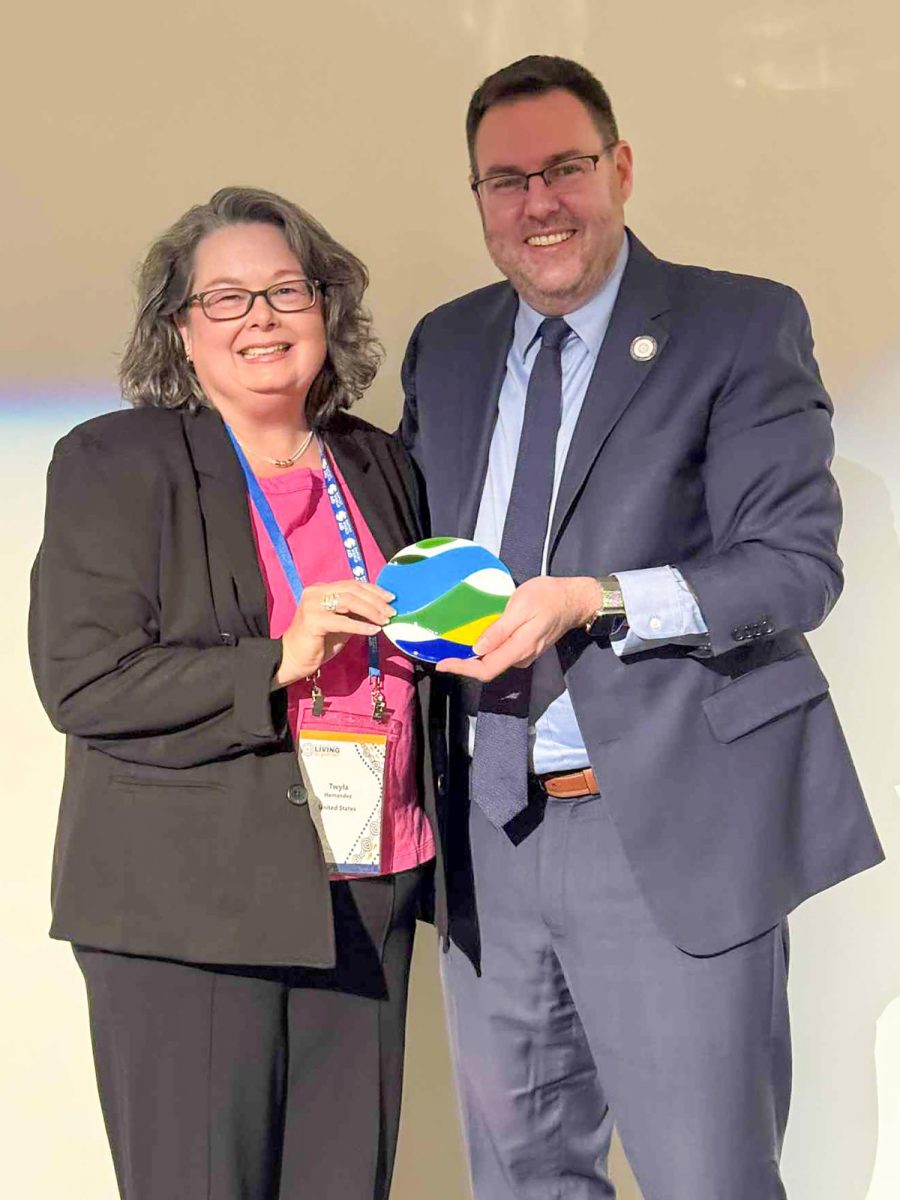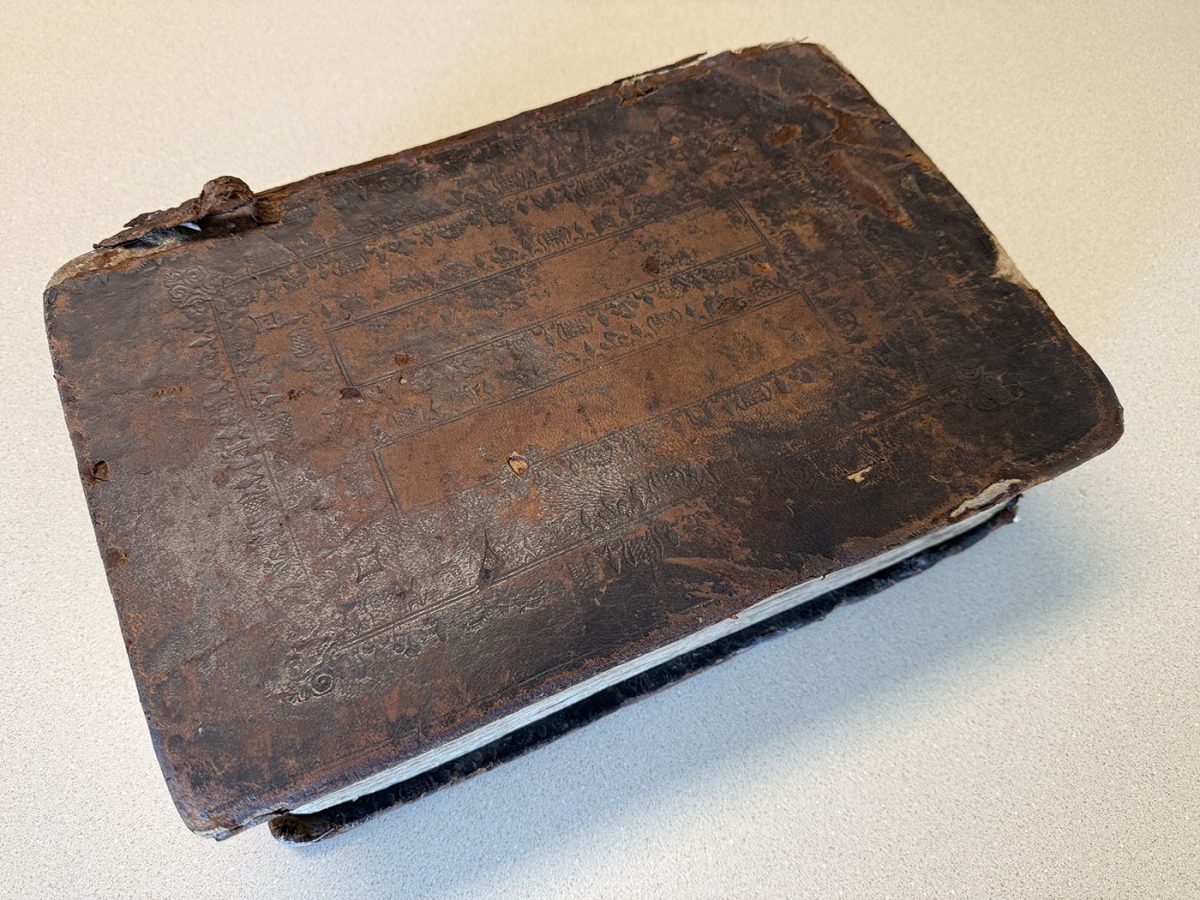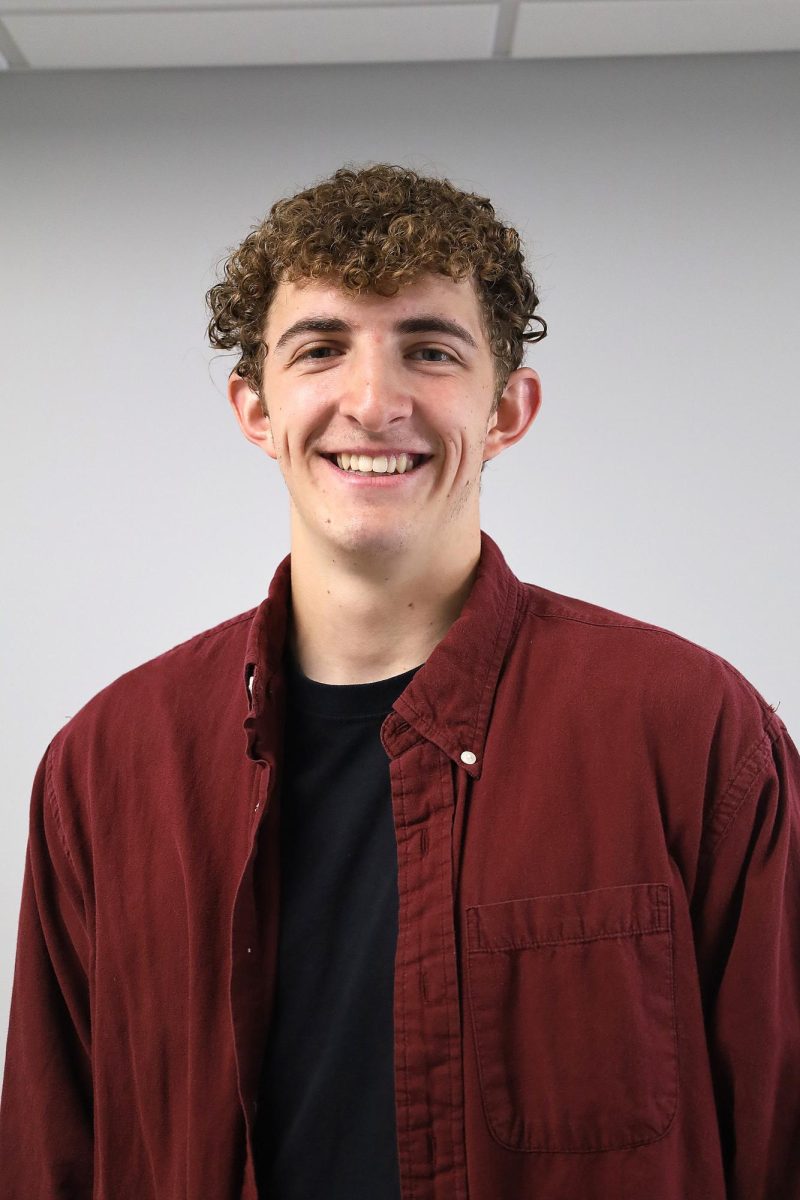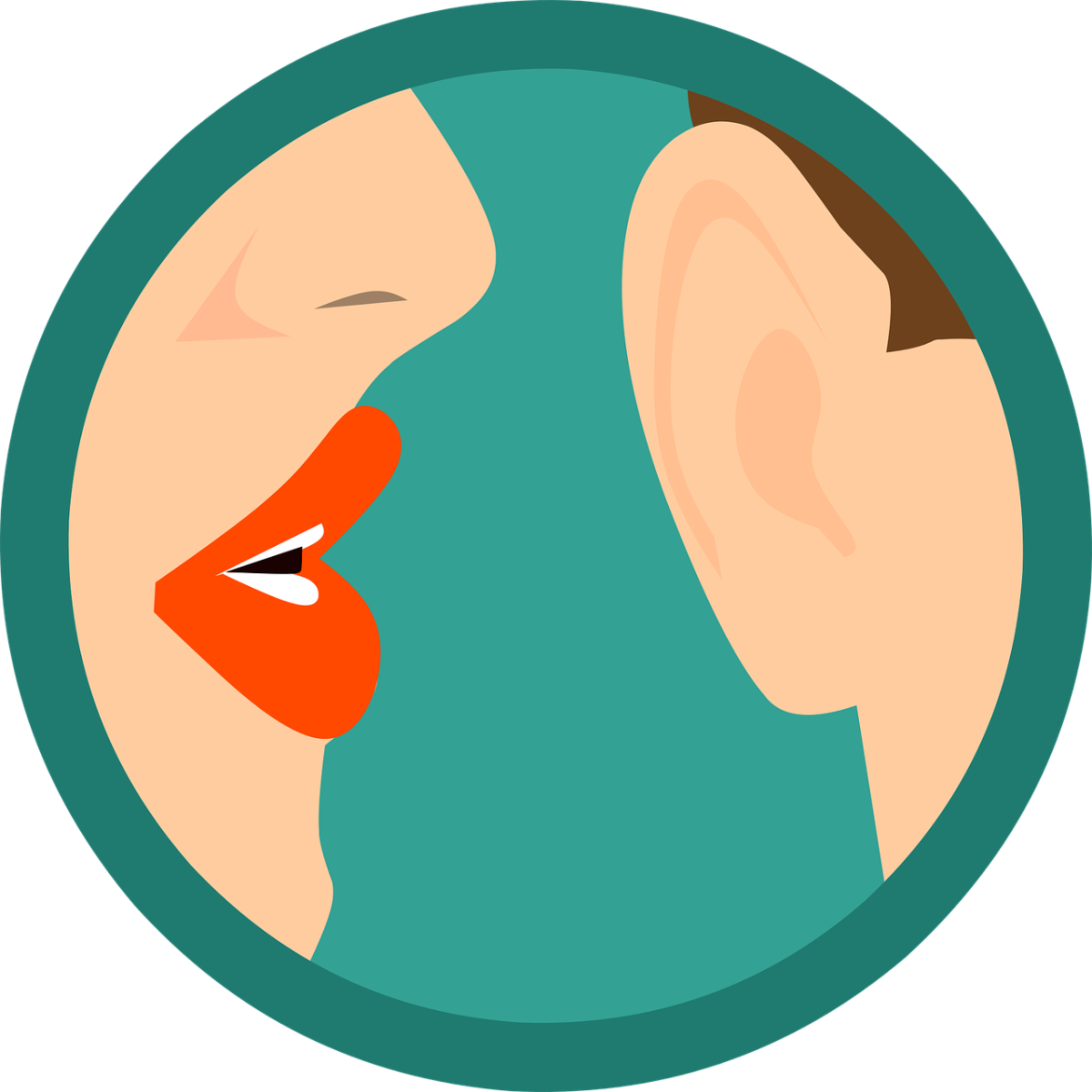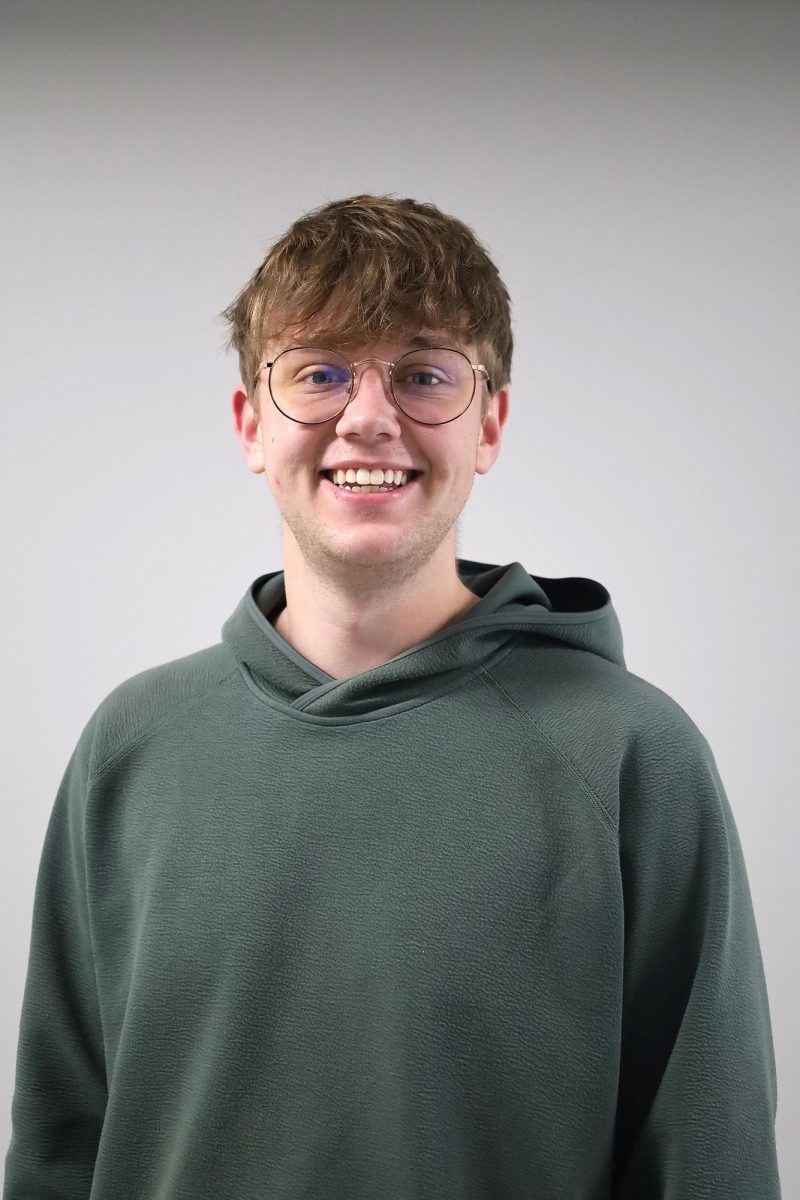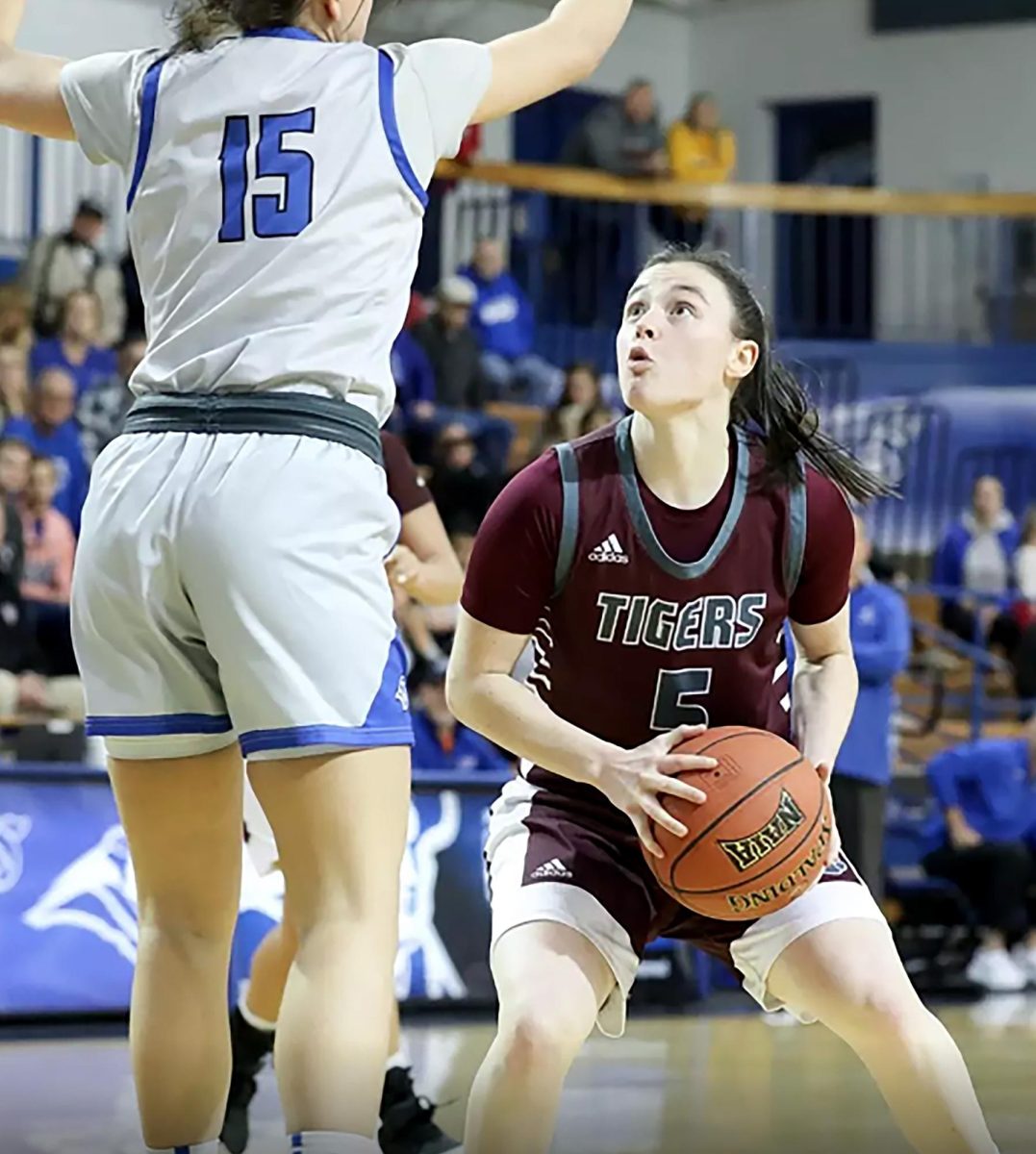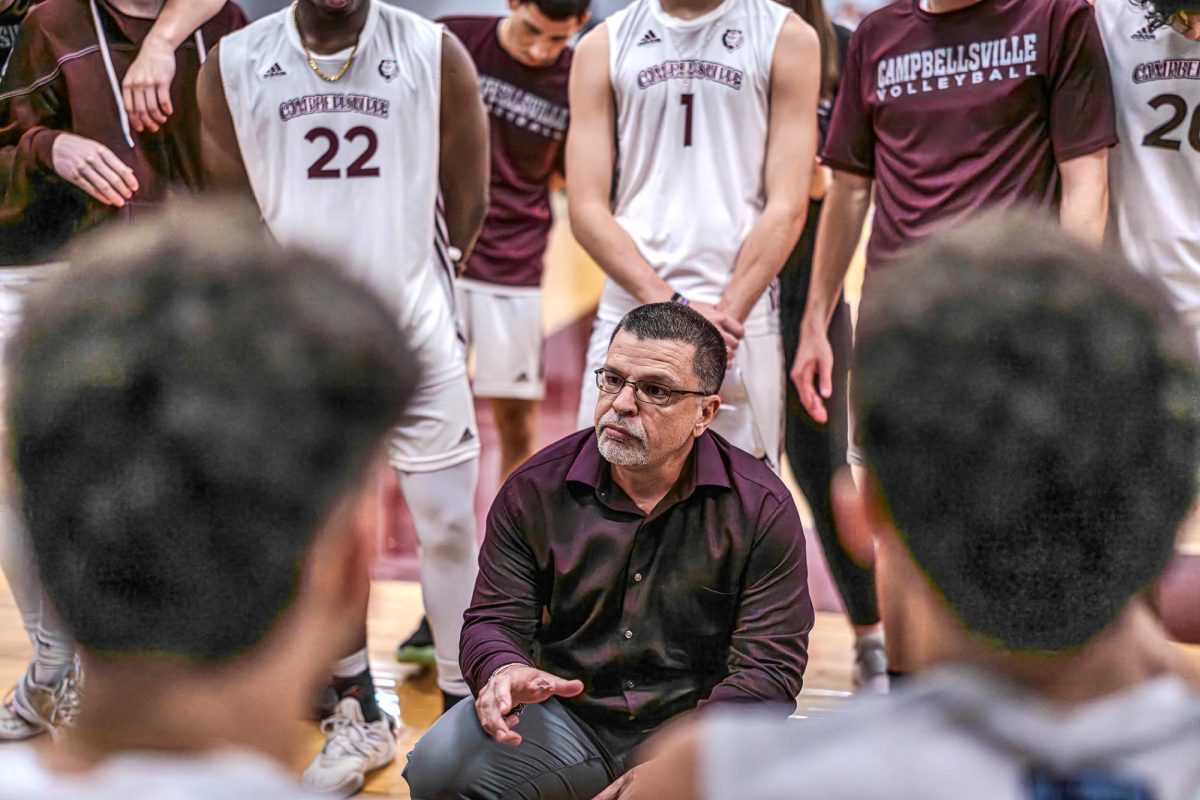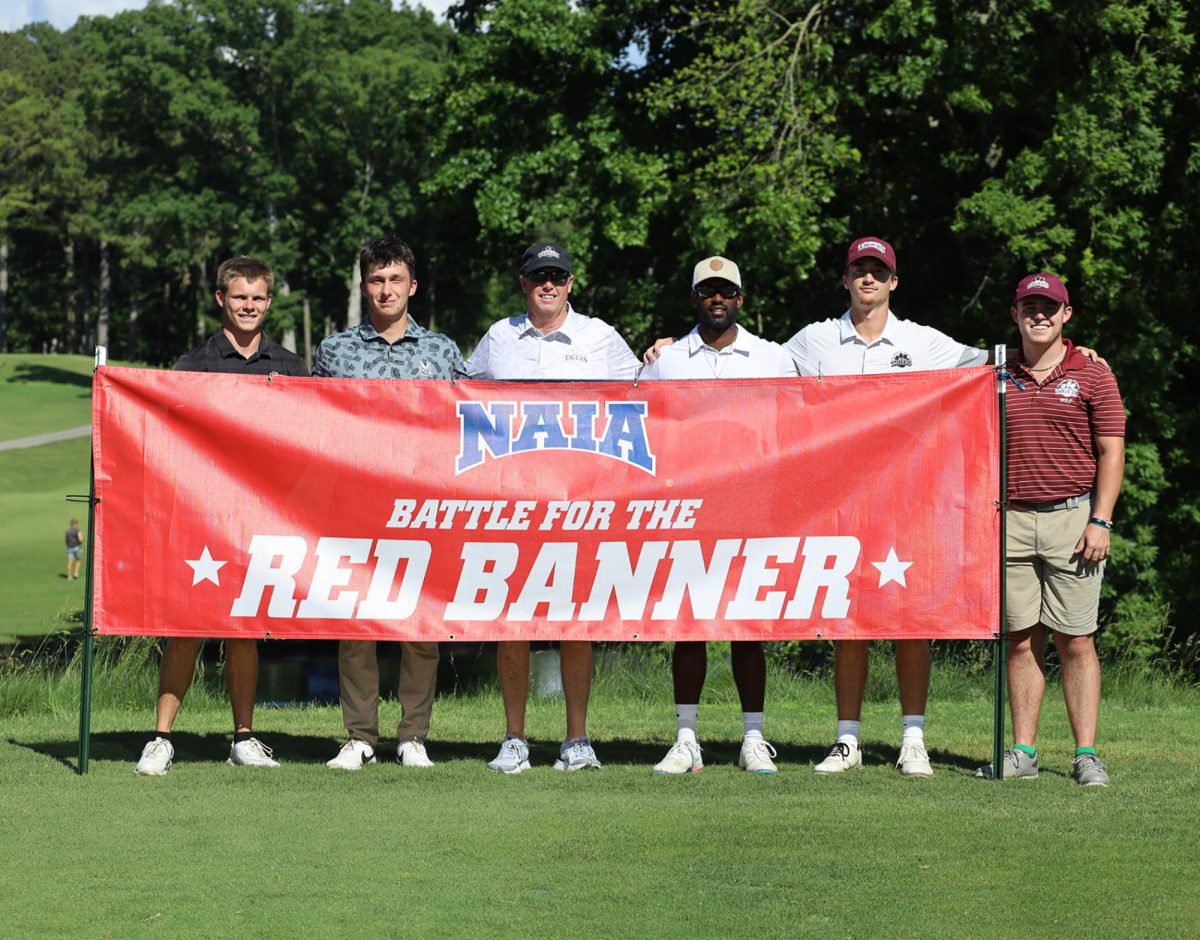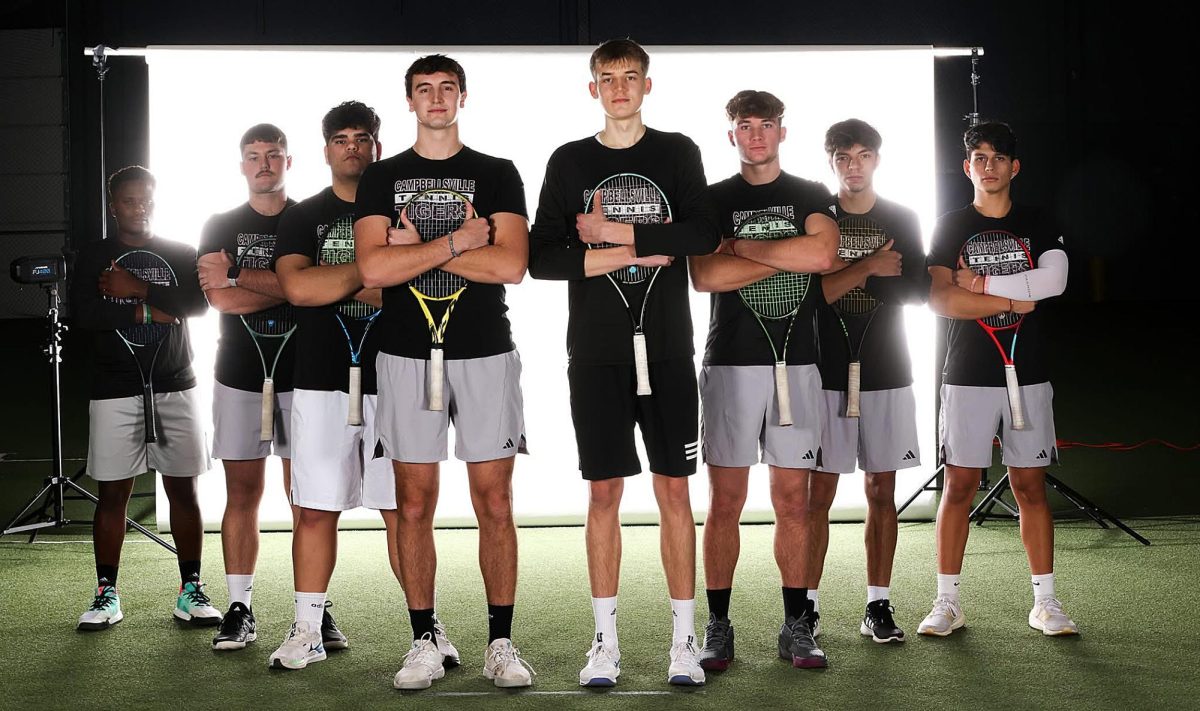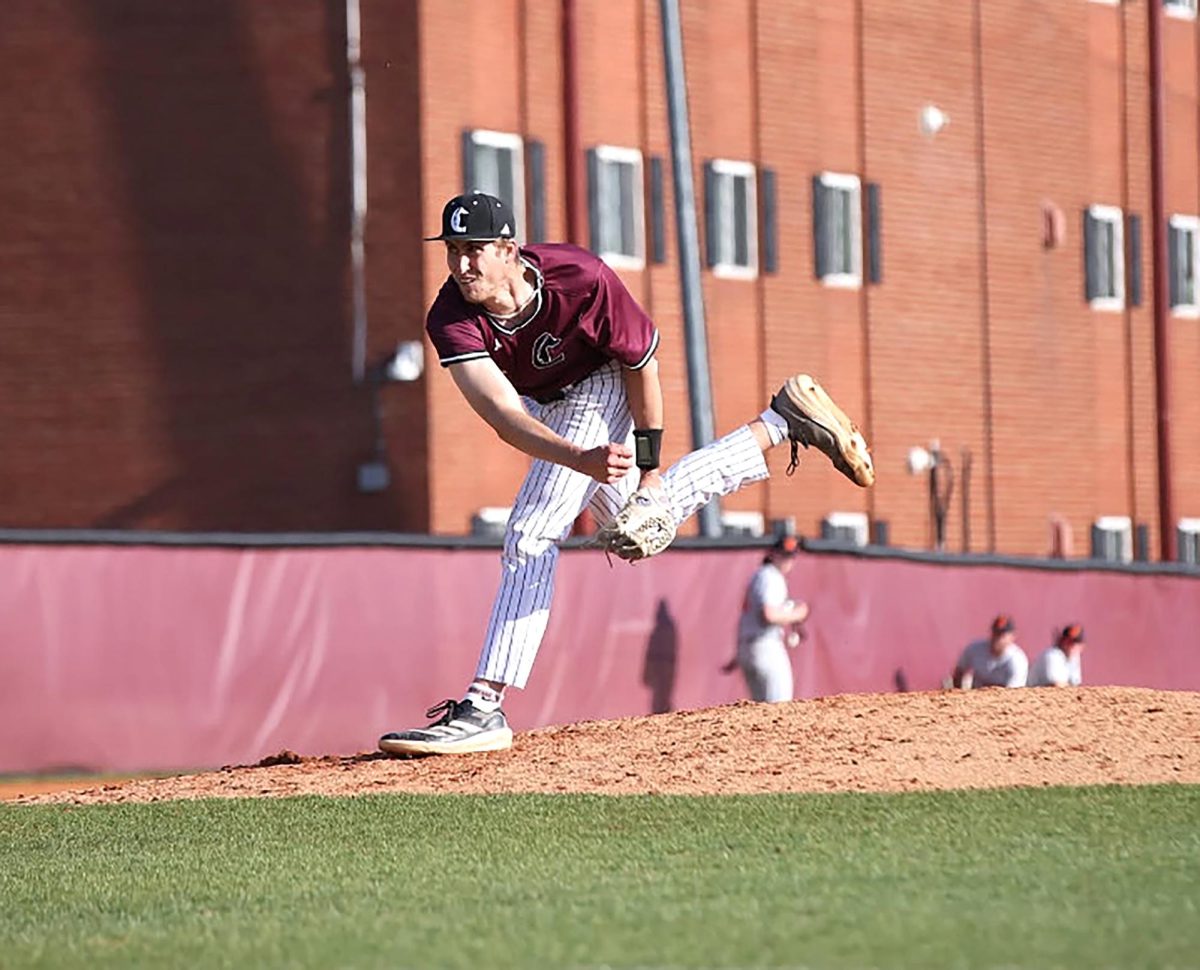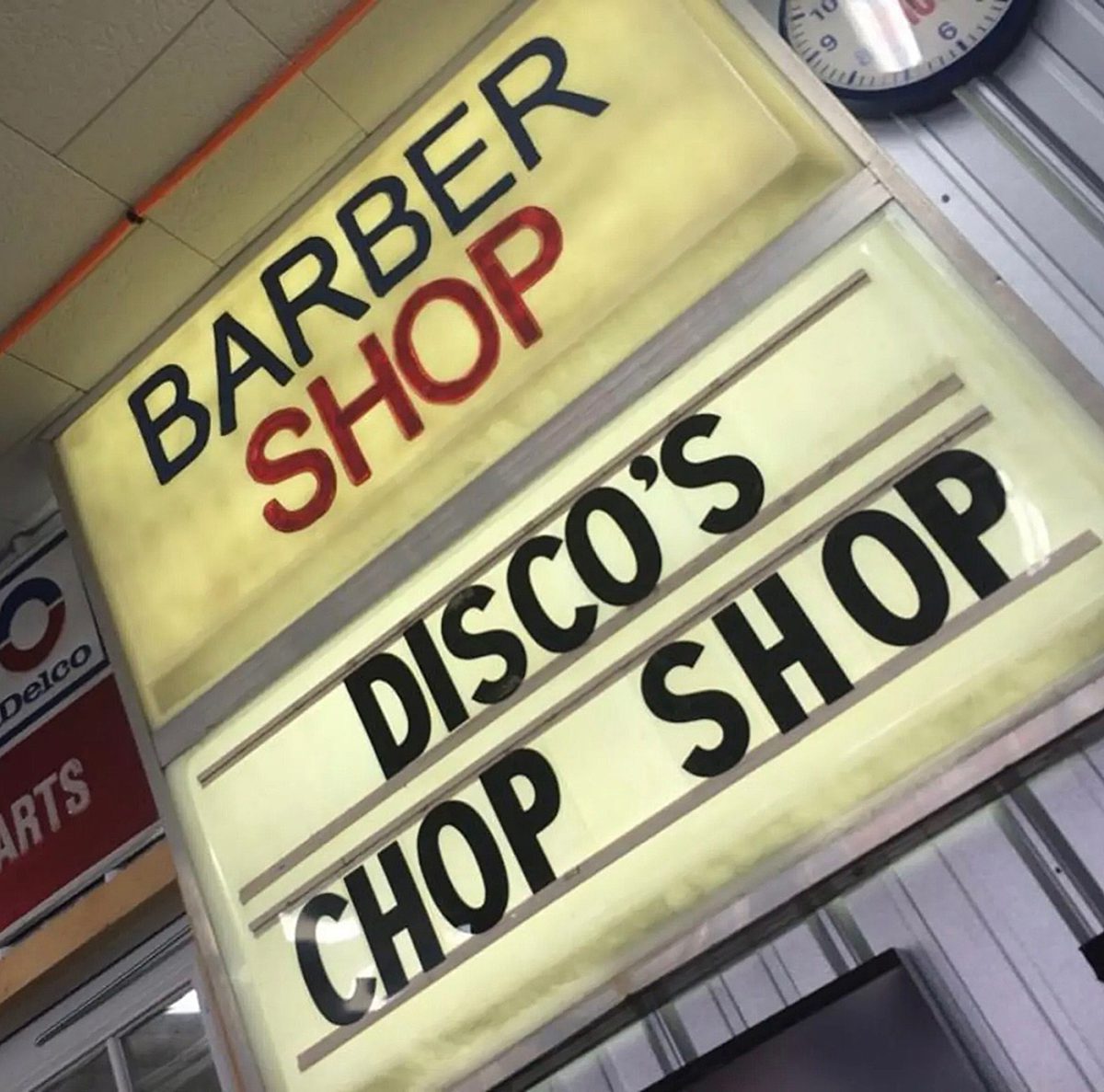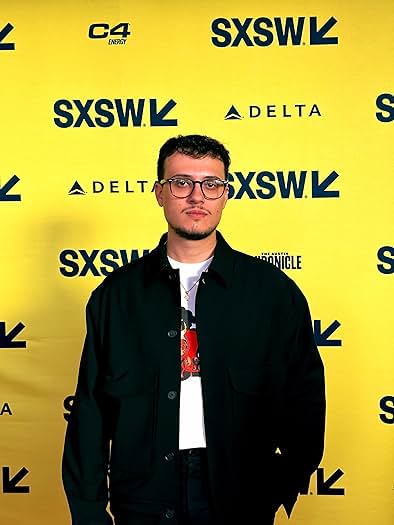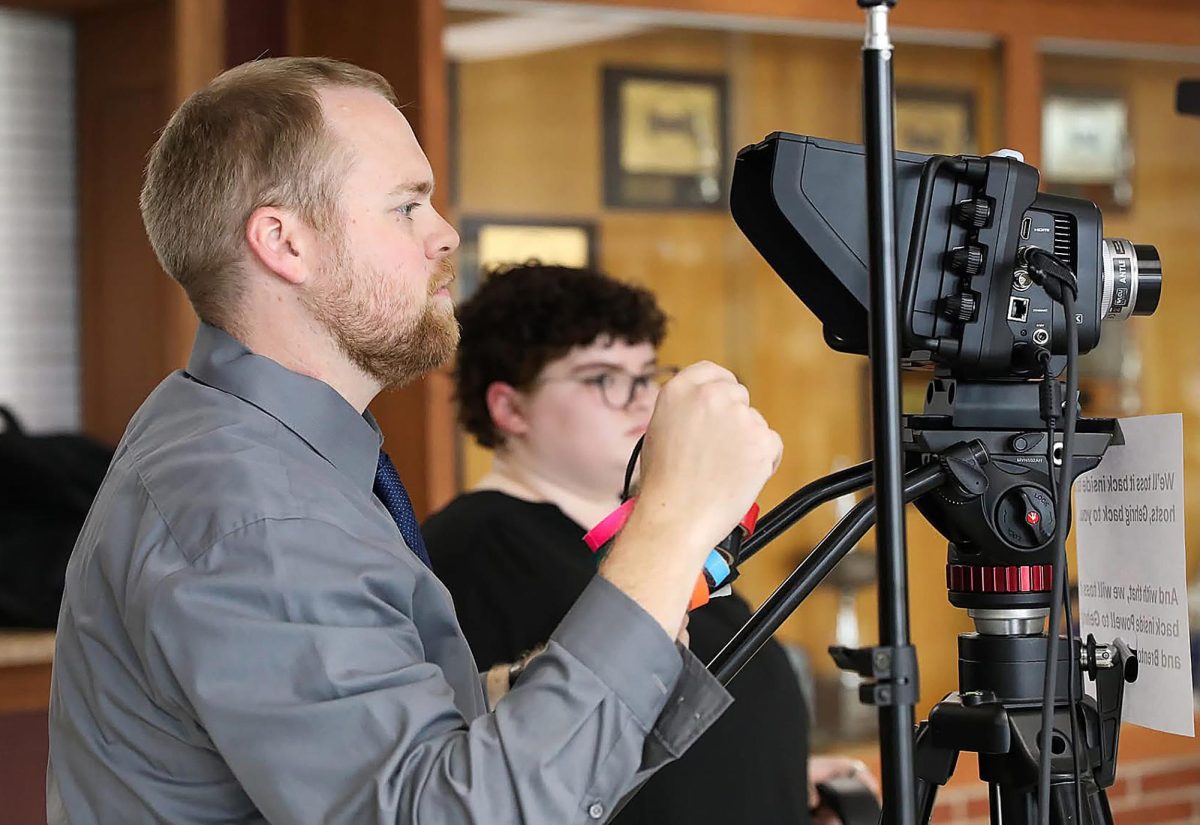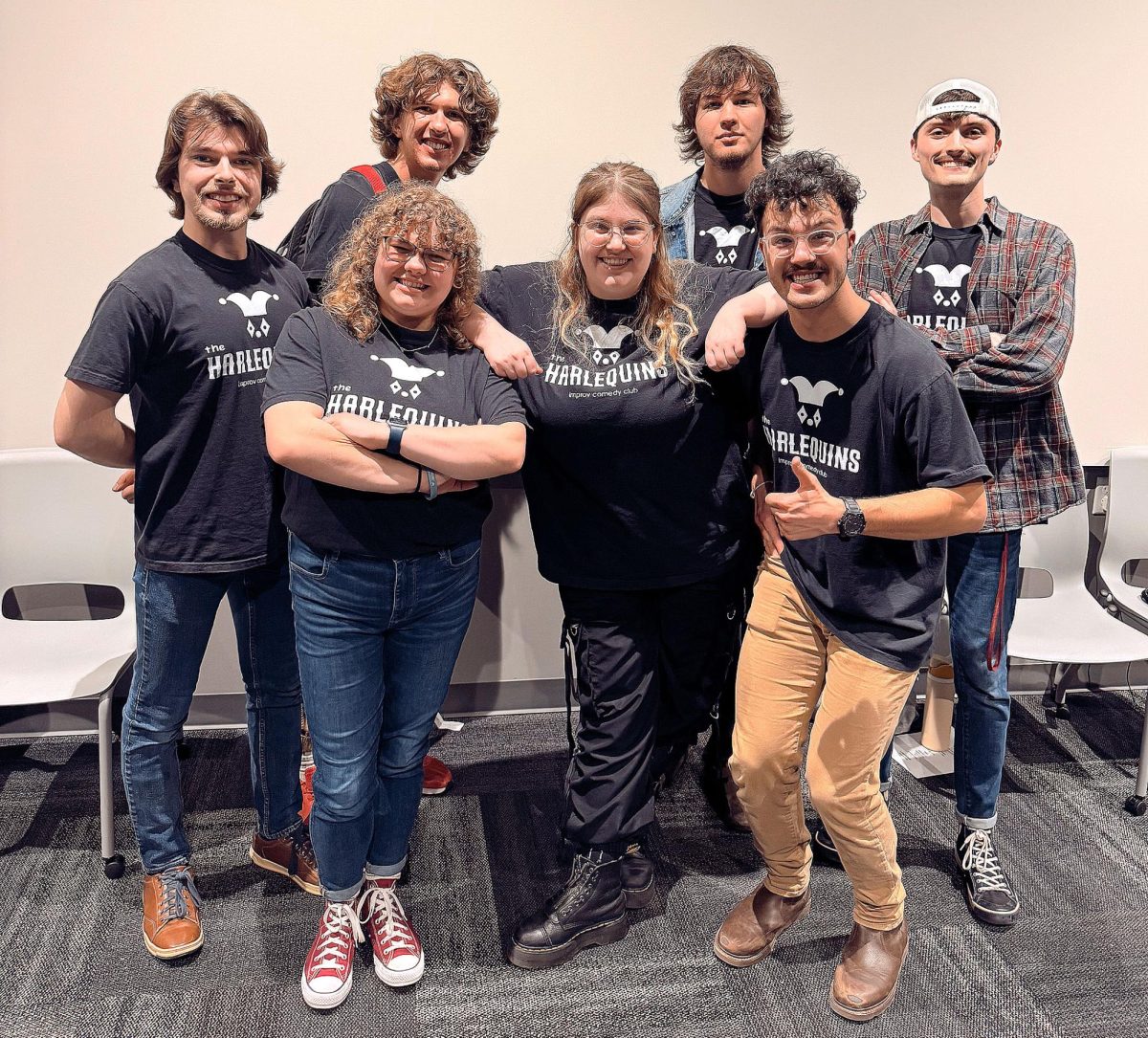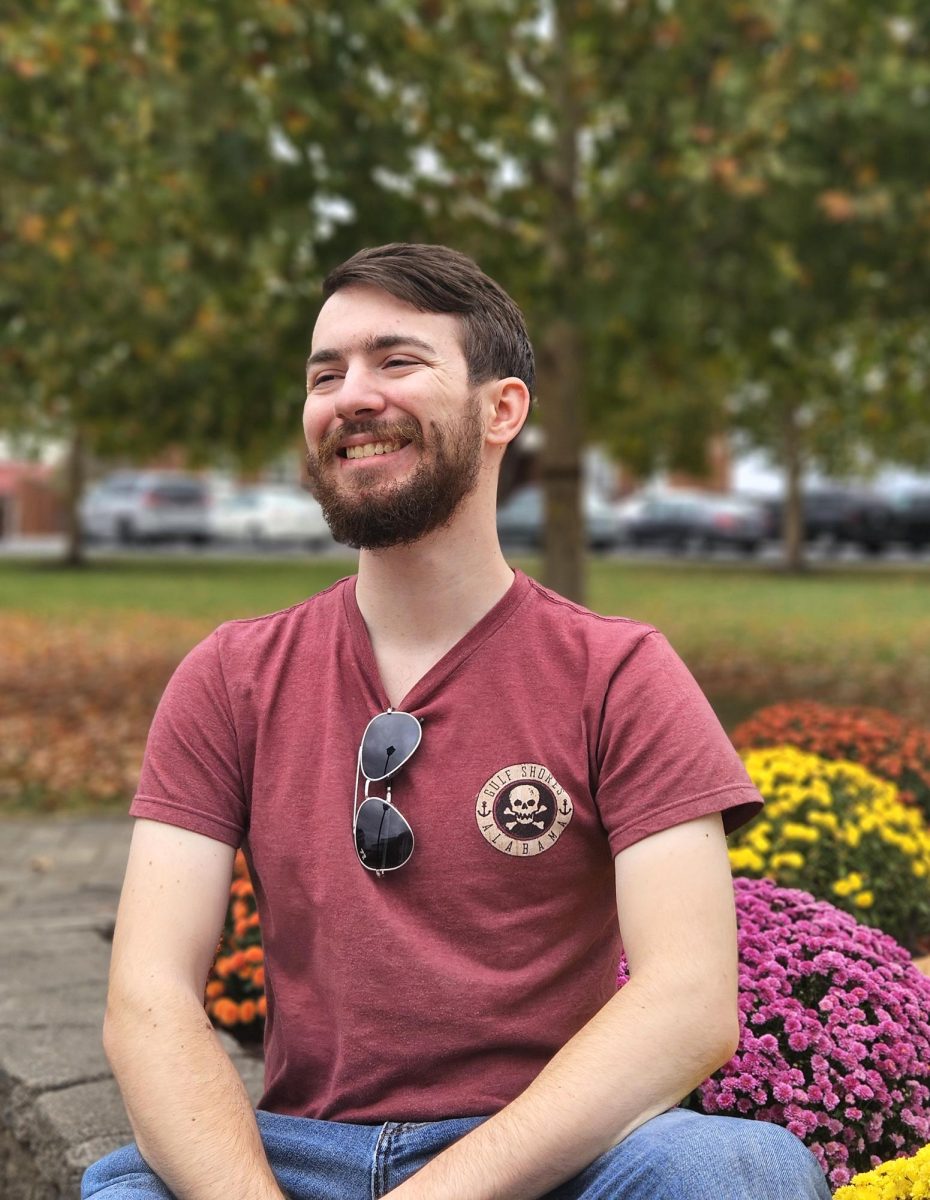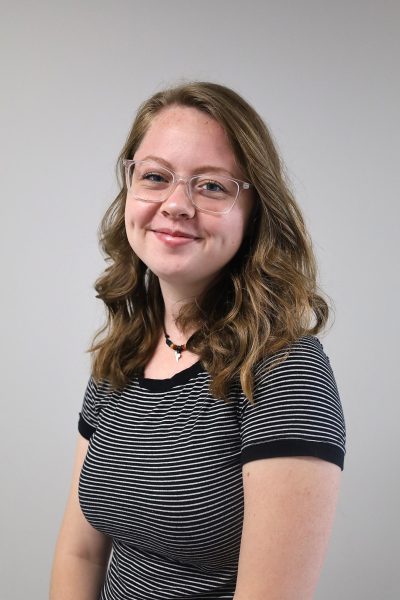For Zain Adkins, a sophomore at Campbellsville University from Somerset, Kentucky, taking a gap year from school was the best thing he ever did. When he started classes at CU in 2022, Adkins had a clear dream to be a pilot – but the path towards that dream was anything but straightforward.
Adkins wrestled with imposter syndrome and a series of life changes, including his grandmother’s dementia diagnosis, which led himto leave school midway through his original sophomore year.
“Every class felt terrible,” said Adkins, which ultimately led to his decision to step back from his studies at CU.
During his gap year, Adkins found unexpected validation working at Walmart, where his boss’s compliments helped give him a much stronger sense of self-esteem, a turning point that motivated him to return to college with renewed confidence.
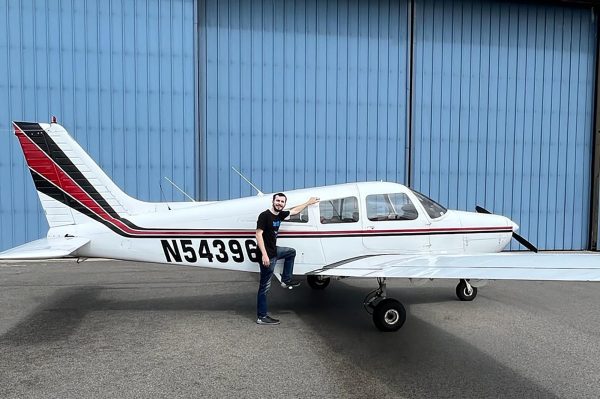
“I decided at that point I was going to go back to college,” said Adkins. “I felt much better about myself, more confident.”
During his time away from classes, Adkins also began to develop a new pride in his work.
“Working at Walmart definitely gave me a new sense of what I’m capable of,” said Adkins. “That was definitely the biggest thing I learned.”
Adkins has dyslexia and ADHD, challenges that often made traditional learning difficult.
“Not being able to read very well definitely puts a bit of a hurt on you in school,” said Adkins. “I still get headaches when I read for long periods…never managed to get through the Harry Potter series.”
Adkins also faced challenges with English and math.
“I cannot describe the feeling I get with math other than it just never clicks,” said Adkins. “I can never connect the dots. I’ve gotten better paying attention in class, but I don’t know if I could point out a reason why, I think that’s just getting older and maturing.”
He found innovative ways to cope, such as using blinders to focus while reading and relying on music and caffeine to manage ADHD symptoms.
“The [sentences] kind of go in a circle around what I’m actually looking at, which makes it really hard to focus on words,” said Adkins. “So, putting [a couple of index cards] there so that I can only see a certain amount definitely helps a lot.”
Adkins’ approach to managing ADHD aligns with the strategies recommended by Assistant Professor of Art and Design CoreyCundiff, one of Adkins’s favorite professors. Cundiff, who also has ADHD, encourages students to use high-paced music to help with focus and prevent attentional burnout.
“I normally recommend that students listen to music that has 150 beats per minute,” said Cundiff.
He’s observed that hype music can help students work faster and more efficiently and has made playlists for specific classes.
“Working in the arts, I notice that a lot of students have some type of attention disorder, so I try to combat that,” Cundiff said. “[The music] makes you guys work faster.”
Adkins’ academic path was marked by frequent changes in his major– four times, to be exact. He started with art, transitioned to graphic design, took classes in computer science and eventually settled on history, all while nurturing his dream of becoming a pilot. A big moment came when he participated in a trial flight, overcoming his fear of heights and discovering his passion for aviation.
“Two summers ago, my mom had told me that the airport in our town was running test flights,” Adkins said. “There would be aprofessional pilot in the plane, and they would take it up into the air and then they would pass the controls on to me so that I got to fly. Being somebody that was horrifically terrified of heights was crazy, I did not think I wanted to do it at first, but after I got up intothe air and actually started flying around, I loved it. And I realized that’s what I want to do with the rest of my life.”
Adkins plans to take pilot courses over the summer, paying in installments until securing his first piloting job. While he acknowledged that his degree in history might not directly contribute to his piloting career, the communication skills he’ll develop during his studies are extremely valuable.
Adkins talked strongly about the importance of taking breaks when needed, and the power of perseverance. He advises fellowstudents facing similar struggles to seek support and take time to recharge, emphasizing the benefits of stepping back sometimes.
“You shouldn’t push yourself every second of every day,” said Adkins, advocating for the balance between hard work and self-care. “Taking the gap year was definitely the best thing I ever did. But even if you’re just going to do something like go home on theweekends or getting a group of friends together and go out and have fun… just take a break. You shouldn’t push yourself every second of every day because then you’re just going to get burned out and you’re not going to want to do anything.”
Students at CU can access disability services by reaching out via email to [email protected] or[email protected]. Alternatively, students can visit the BASC office, room 212, to speak directly with Disability Services Coordinator Tiffany Early for any inquiries. To initiate the process, students must provide a letter from their medical or mental health provider. This letter should detail the diagnosis, the specific challenges faced in the classroom, and the recommended accommodations to help the student overcome these challenges. The university offers a variety of accommodations tailored to each student’s needs and the recommendations from their provider. These accommodations may include, but are not limited to, a distraction-reduced testing environment, extended time for testing, note taking assistance, and referrals for tutoring. The goal is to ensure that students with learning difficulties receive the necessary support to succeed academically.
For students experiencing mental health concerns, the university encourages visits to counseling services. Additionally, classroom accommodations can be arranged for students undergoing a mental health crisis, either upon request or based on advice from their provider.

